Movies by Orson Welles
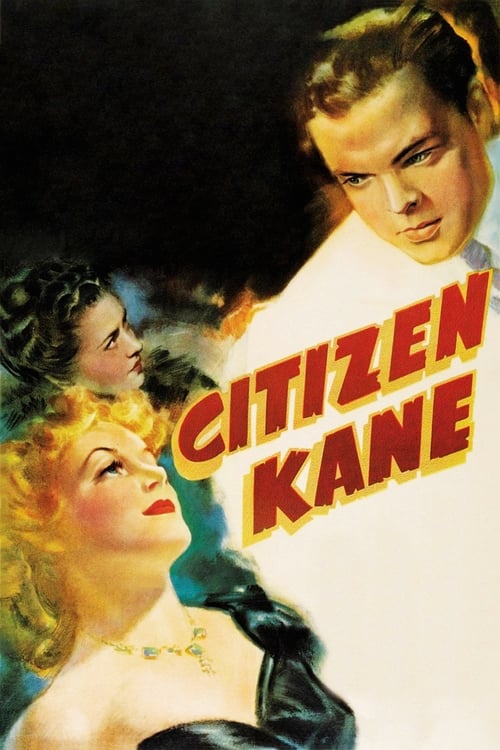
Citizen Kane
Newspaper magnate Charles Foster Kane is taken from his mother as a boy and made the ward of a rich industrialist. As a result, every well-meaning, tyrannical or self-destructive move he makes for the rest of his life appears in some way to be a reaction to that deeply wounding event.
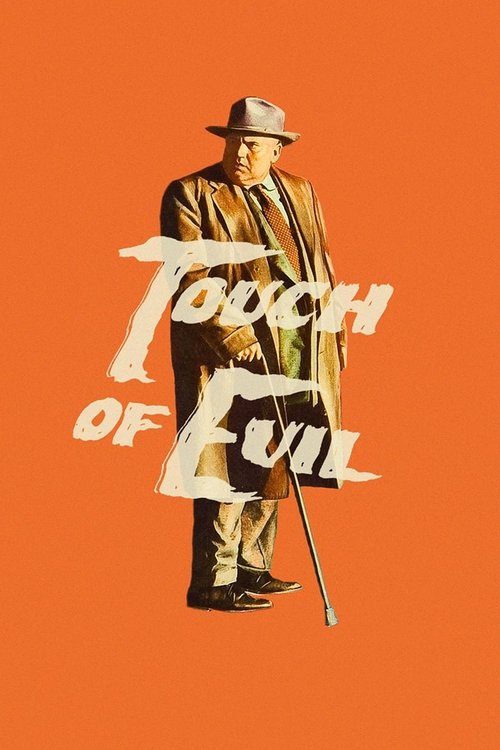
Touch of Evil
When a car bomb explodes on the American side of the U.S./Mexico border, Mexican drug enforcement agent Miguel Vargas begins his investigation, along with American police captain Hank Quinlan. When Vargas begins to suspect that Quinlan and his shady partner, Menzies, are planting evidence to frame an innocent man, his investigations into their possible corruption quickly put himself and his new bride, Susie, in jeopardy.

The Lady from Shanghai
A romantic drifter gets caught between a corrupt tycoon and his voluptuous wife.
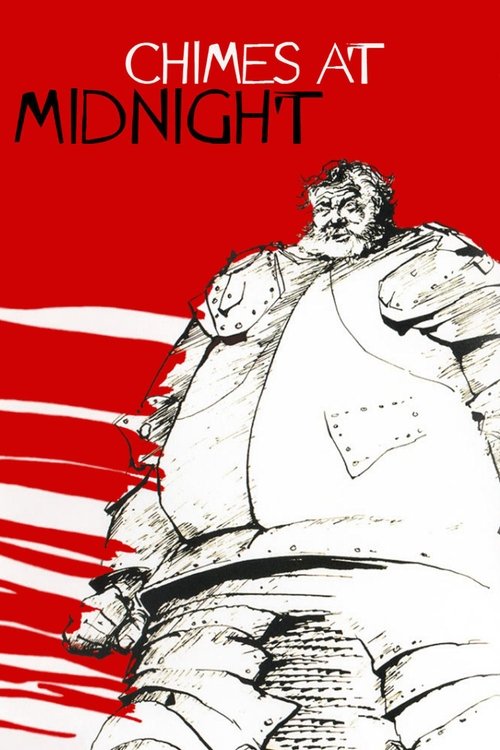
Chimes at Midnight
Henry IV usurps the English throne, sets in motion the factious War of the Roses and now faces a rebellion led by Northumberland scion Hotspur. Henry's heir, Prince Hal, is a ne'er-do-well carouser who drinks and causes mischief with his low-class friends, especially his rotund father figure, John Falstaff. To redeem his title, Hal may have to choose between allegiance to his real father and loyalty to his friend.
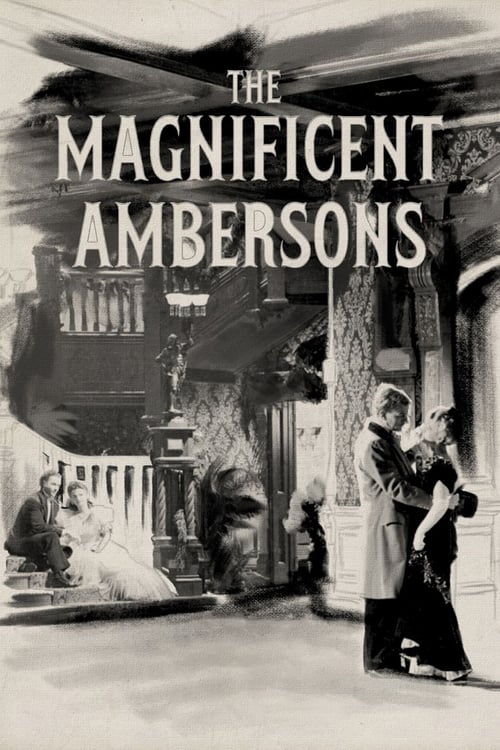
The Magnificent Ambersons
The spoiled young heir to the decaying Amberson fortune comes between his widowed mother and the man she has always loved.
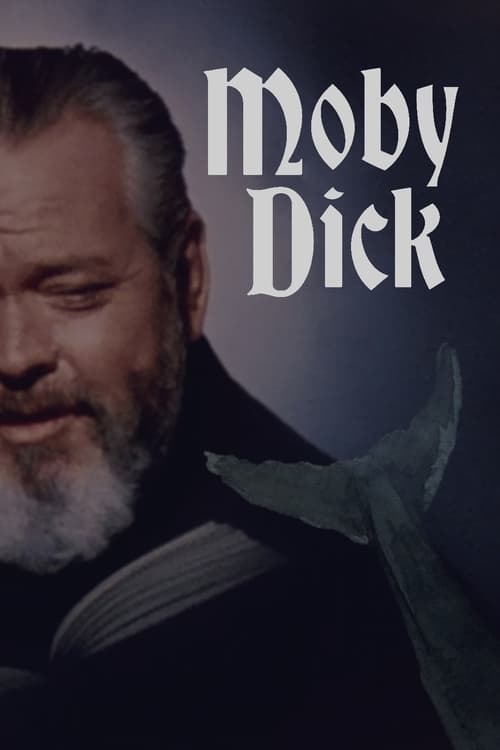
Moby Dick
Moby Dick is an unfinished film by Orson Welles, filmed in 1971. It is not to be confused with the incomplete (and now lost) 1955 film Welles made of his meta-play Moby Dick—Rehearsed, or with Moby Dick (1956 film), in which Welles played a supporting role. The film consists of readings by Welles from the book Moby Dick, shot against a blue background with various optical illusions to give the impression of being at sea. It was made during a break in the filming of The Other Side of the Wind. There is some ambiguity about what Welles intende...
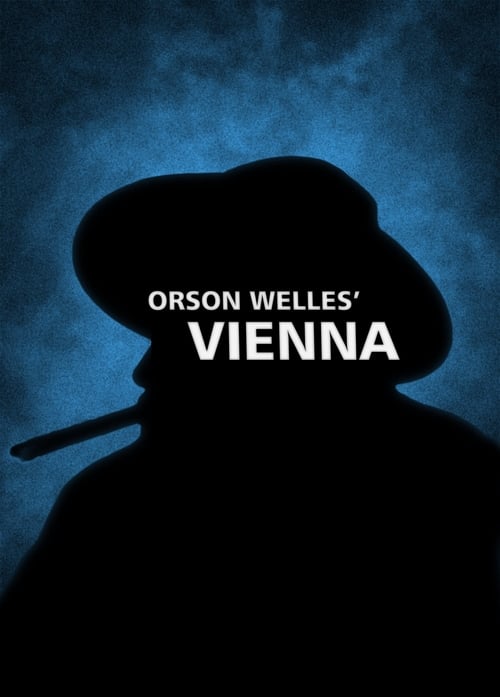
Vienna
Orson Welles talks fantasy and magic in this short Vienna travelogue.
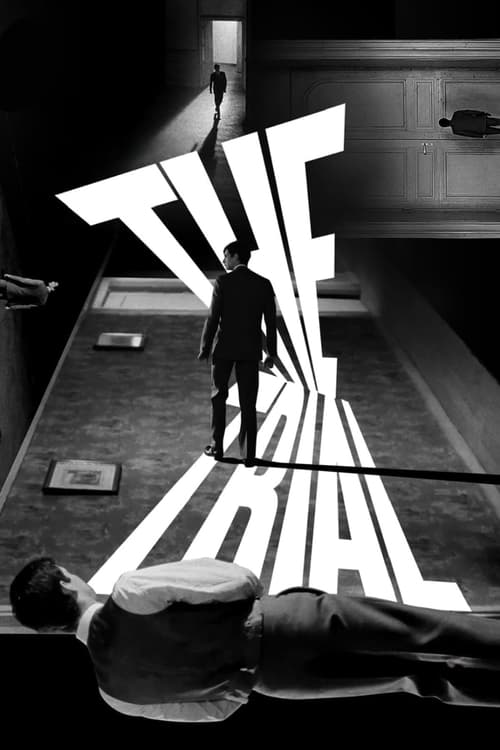
The Trial
Josef K wakes up in the morning and finds the police in his room. They tell him that he is on trial but nobody tells him what he is accused of. In order to find out about the reason for this accusation and to protest his innocence, he tries to look behind the façade of the judicial system. But since this remains fruitless, there seems to be no chance for him to escape from this nightmare.
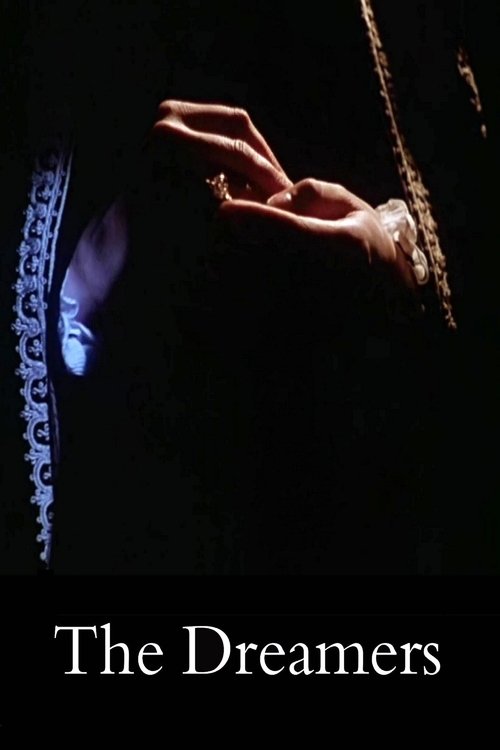
The Dreamers
Footage shot for Orson Welles' unfinished and unreleased film project, edited into a short documentary.
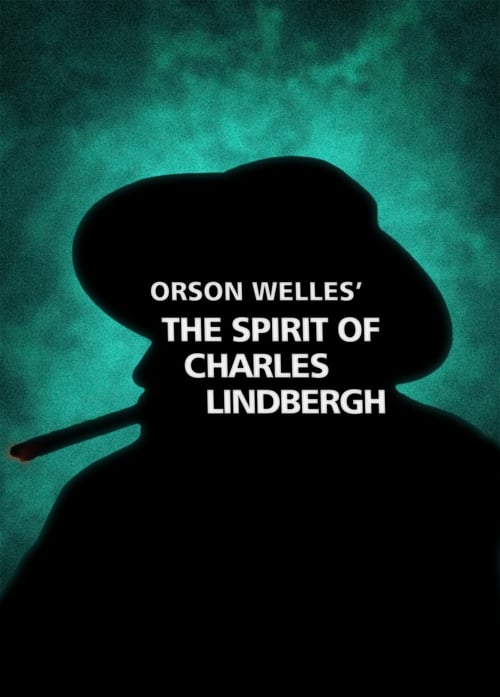
The Spirit of Charles Lindbergh
Orson Welles sits in his chair behind his typewriter where he sends a message out to his dying friend Bill Cronshaw: a passage from the journal of Charles Lindbergh.
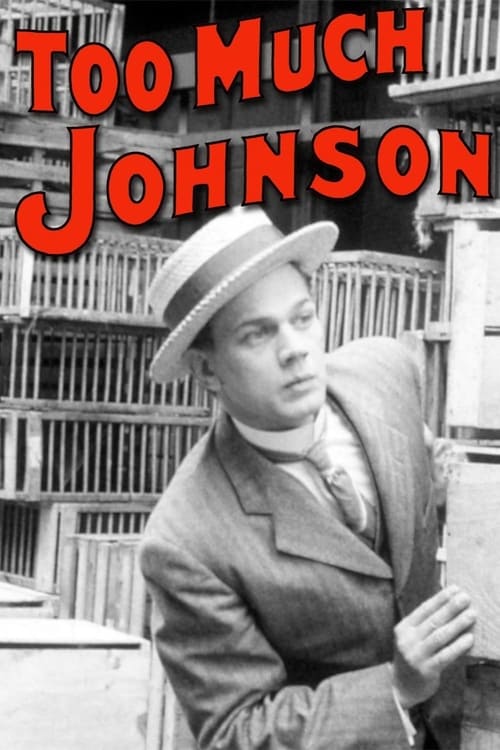
Too Much Johnson
This film was not intended to stand by itself, but was designed as the cinematic aspect of Welles' Mercury Theatre stage presentation of William Gillette's 1894 comedy about a New York playboy who flees from the violent husband of his mistress and borrows the identity of a plantation owner in Cuba who is expecting the arrival of a mail order bride. The film component of the performance was ultimately never screened due to the absence of projection facilities at the venue. Long-believed to be lost, a workprint was discovered in 2008 and the f...
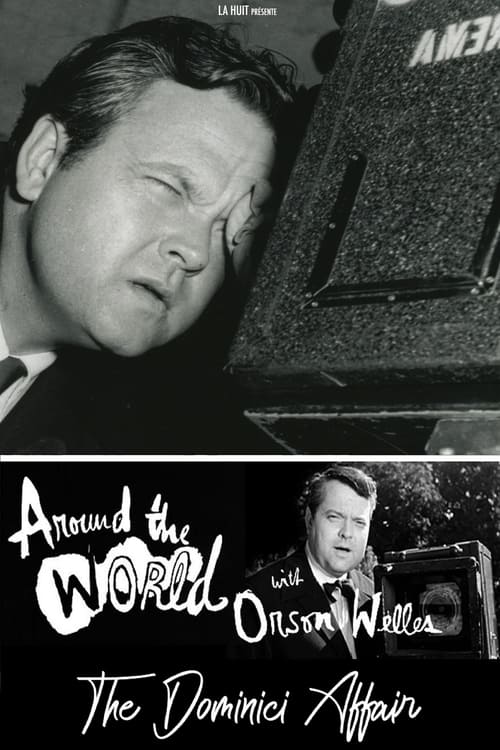
The Dominici Affair by Orson Welles
In 1956, Orson Welles directed 'The Tragedy of Lurs', an episode of the television series 'Around the World' that was inspired by the murder of a British family near the Dominici farm. The film was unfinished, but the French director Christophe Cognet recovered his materials and reconstructed the documentary.
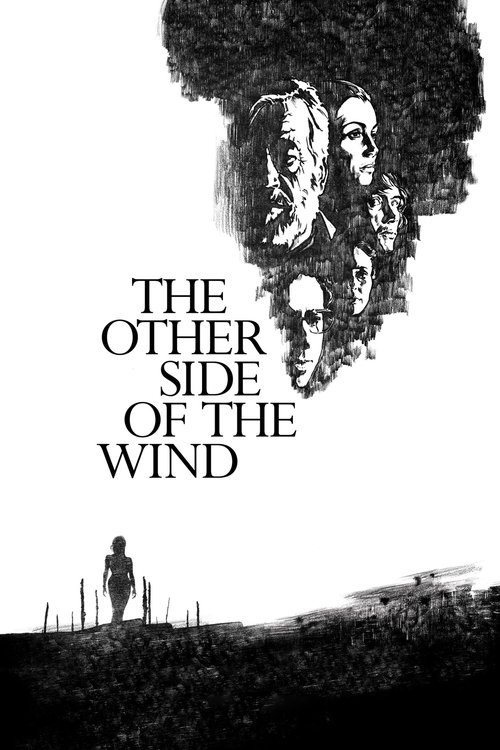
The Other Side of the Wind
Surrounded by fans and skeptics, grizzled director J.J. "Jake" Hannaford returns from years abroad in Europe to a changed Hollywood, where he attempts to make his innovative comeback film. This film was started in 1970 but never completed during Welles lifetime.